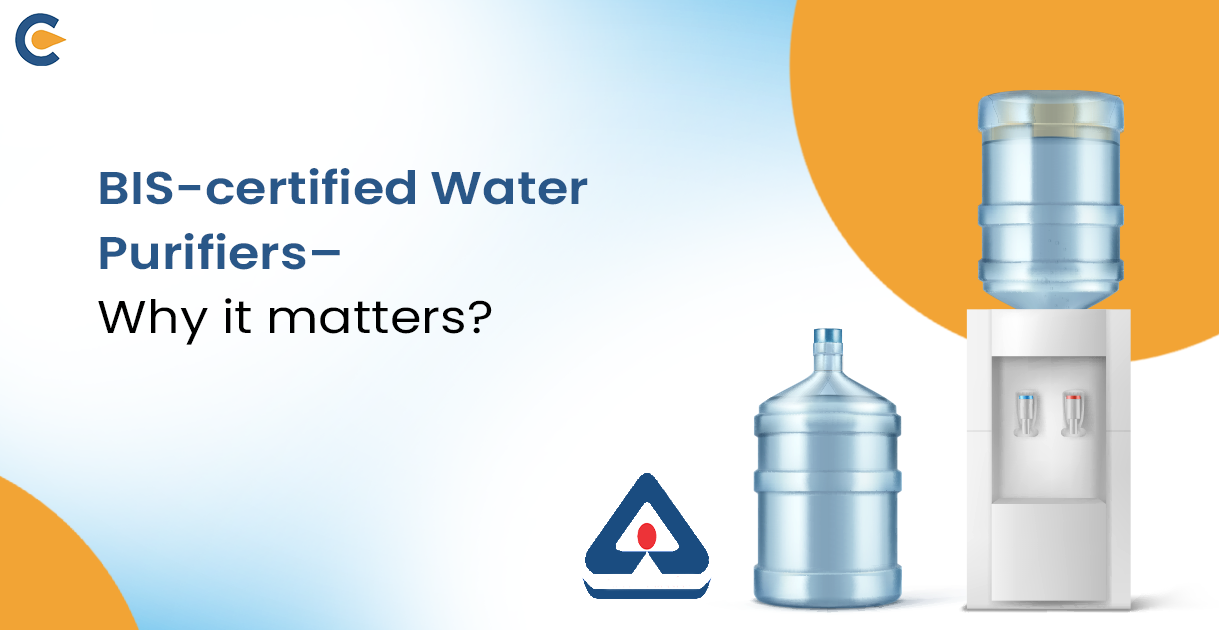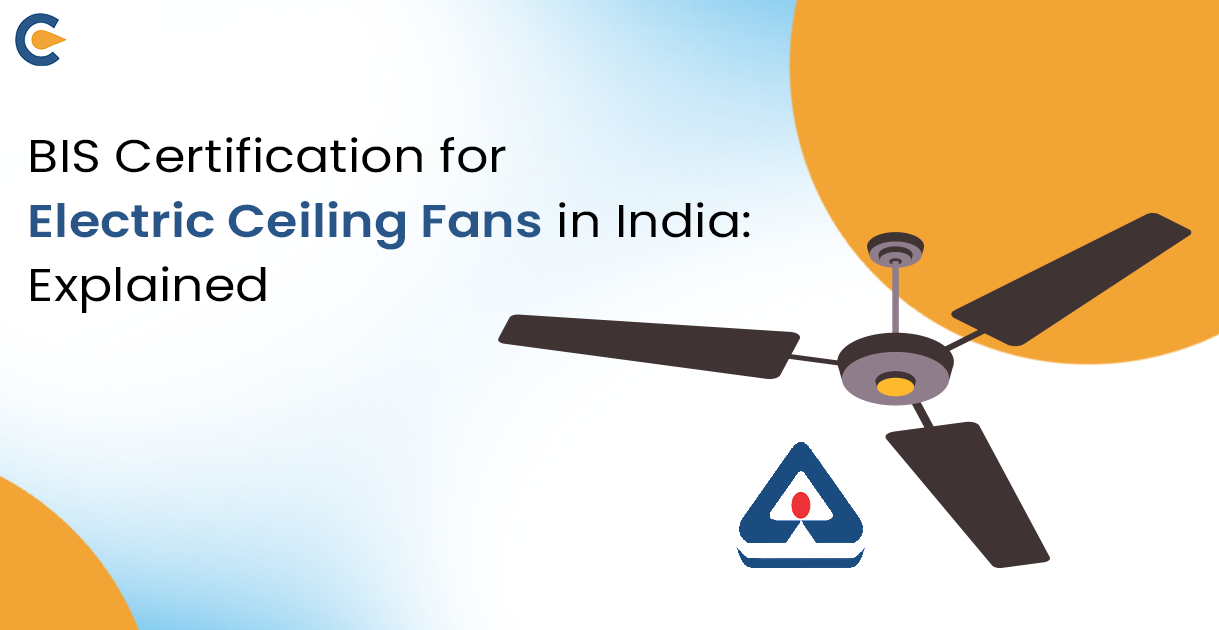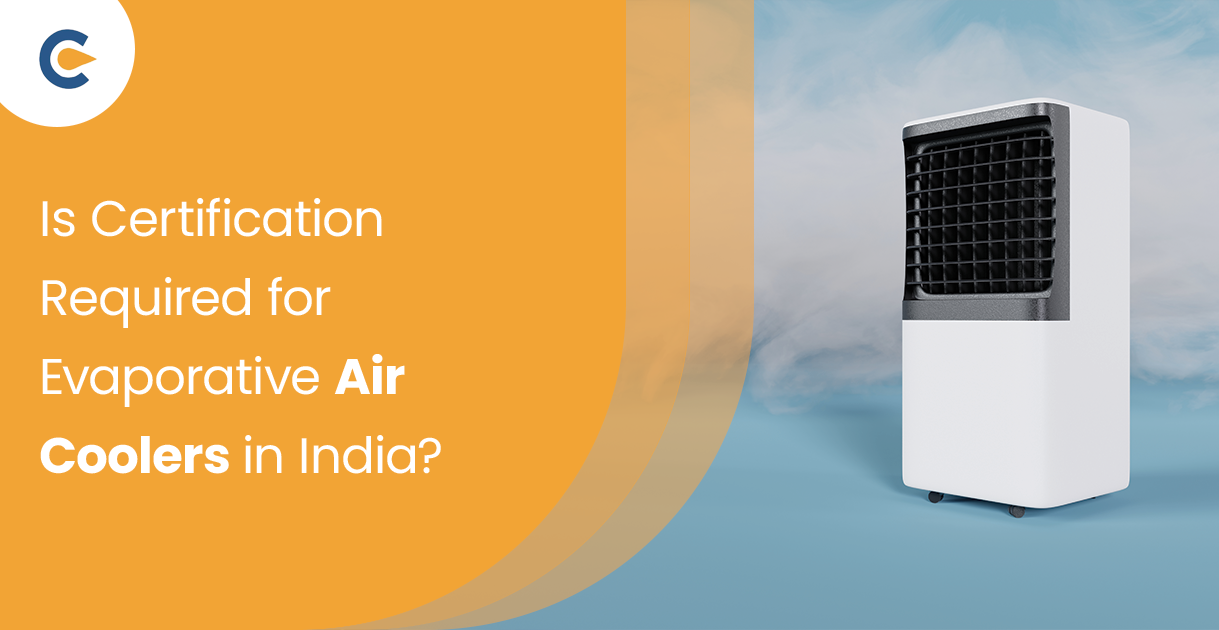The Bureau of Indian Standards, the national organization for standardization and grading in India, offers BIS certification as a mark of guarantee for the quality of its products. A BIS-certified water purifier signifies that it has passed rigorous quality testing and complies with water purification standards as per Indian regulatory guidelines. The ISI mark is another name for the BIS certification mark. The ISI mark provides customers with the assurance that a water purifier is dependable, secure, and of superior quality.
The Purpose of BIS Certification for water purifiers
BIS Certification serves two purposes. First, it assures consumers of the quality and safety of the water purifiers. By adhering to strict standards, BIS certification ensures that water purifiers are efficient, effective, and reliable in removing impurities from water through the process of reverse osmosis. Secondly, BIS certification aids export businesses by providing them with a mark recognized globally. This means that BIS-certified water purifiers can be sold in both domestic and international markets, boosting trade opportunities for manufacturers.
How to Obtain a BIS Certification for water purifiers
To obtain a BIS Certification, the manufacturer of the product must apply to the Bureau to obtain a BIS certification. The examination involves a rigorous process that ensures the products adhere to the water purification standards set by the BIS. The process begins with the producer or manufacturer applying for certification, followed by sample testing by a BIS – approved test laboratory. The Laboratory conducts certain methodical processes such as Reject Water Control Mechanisms, TDS Reduction, Leakage Current Test, and others. If the water purifier meets the specifications and requirements, the manufacturer can proceed with the BIS registration process. This includes providing necessary documentation and the marking of the product with the standard mark of BIS certification. The certification process is regulated by conducted and by the state-approved labs and research bodies, ensuring transparency and fairness in establishing the credibility of the BIS-certified water purifying product.
BIS Certification for Water Purifiers
BIS certification is mandatory for water purifiers in India. This certification ensures that water purifiers meet the necessary standards for water treatment, purification, and safety. By obtaining BIS certification, water purifier manufacturers demonstrate their commitment to quality, efficiency, and consumer safety. The certification process for water purifiers is vital because it guarantees that drinking water is free from impurities and contaminants, providing consumers with the trust of consuming healthy and clean drinking water.
Importance of BIS Certification in Water Purifiers
BIS certification has been made mandatory for all RO-based water purifying systems by the Government of India. The Ministry of Environment, Forest and Climate Change developed the IS Standard IS 16240:2015 as the benchmark standard for all Reverse Osmosis (RO) based Point of Use (PoU) Water Treatment Systems. BIS certification plays a crucial role in water purification systems as it confirms the safety and effectiveness of the water treatment process. With the BIS mark for water purifiers, consumers can have confidence in the quality of the water purifier they are purchasing. It ensures that the purification system is capable of removing impurities, chemicals, and microorganisms, thereby providing clean and safe drinking water. BIS certification emphasizes point-of-use purification, ensuring that water is treated at the point of consumption, leaving no chance for contaminants to enter the water supply.
The Role of BIS in Ensuring Water Safety
The Bureau of Indian Standards plays a crucial role in ensuring water safety through its certification process. BIS certification for water purifiers involves thorough testing, evaluation, and adherence to the water purification standards set by the government. This includes checking for impurities, sediment, fluoride, and other contaminants that may be present in the water. By certifying water purifiers, BIS contributes to the overall safety of drinking water, protecting people from waterborne diseases and ensuring access to clean and safe drinking water.
How do you check if you are using a BIS-certified water purifier?
To check if you are using a BIS-certified water purifier is very simple. Here are a few steps you can follow:
1. ISI Mark
You should Look for the ISI mark on your water purifier. The ISI Mark signifies the water purifier holds a valid BIS certification and has been Quality-checked.
2. IS Standard as per the Environment Protection Act
Ensure that your water purifier meets the IS 16240:2015 standard, which is specific to water purification systems.
3. Standard BIS Mark
Ensure that the water purifier carries the standard mark, which indicates compliance with BIS standards.
BIS Standards for Water Purifiers
BIS standards for water purifiers are designed to ensure the quality, efficiency, and safety of water treatment systems. These water purification standards are based on the Indian Standard (IS) codes, which provide specifications for various products and processes. For water purifiers, the IS 16240:2015 water purification standard is of particular importance. This standard outlines the requirements for the design, performance, and quality of water purification systems. Adhering to these standards is essential for water purifier manufacturers to obtain BIS certification and provide consumers with reliable and effective products.
Understanding IS 16240:2015 Standard for Water Purifiers.
The IS 16240:2015 water purification standard for water purifiers sets the benchmark for water purification system performance. It specifies the requirements for water treatment, water quality, and water purification processes. This standard covers aspects such as the removal of impurities, the efficiency of purification, and the quality of drinking water purified. By adhering to the IS 16240:2015 standard, water purifier manufacturers ensure that their products meet the necessary specifications for purification, providing consumers with clean and safe drinking water.
Compliance with Environment (Protection) Amendment Rules, 2021
Compliance with the Environment (Protection) Amendment Rules, 2021, is an essential aspect of BIS certification for water purifiers. These rules, introduced by the Ministry of Environment, address the environmental impact of electronic waste, including water purifiers. As part of the certification process, water purifier manufacturers must adhere to these rules, ensuring responsible disposal of water purifiers and minimizing their impact on the environment. By complying with these regulations, BIS certification contributes to sustainable manufacturing practices and supports the government’s initiatives for environmental protection.
Benefits and Challenges of BIS Certification
BIS certification brings several benefits to water purifier manufacturers, consumers, and the environment. At the same time, there are also challenges that manufacturers must overcome. Let’s explore both aspects in more detail.
Advantages of Having a BIS-Certified Water Purifier
A BIS certification guarantees that a water purifier meets the Indian standards for quality, safety, and efficiency. Indian Consumers rely on the credibility of a BIS mark and proactively rely on the effectiveness of a BIS-certified water purifier, ensuring peace of mind regarding the water they consume.
1. Reliability
BIS certification indicates that the water purifier complies with the mandatory water purification system standards, providing assurance of its ability to eliminate waterborne impurities effectively.
2. Environment Friendly
BIS certification emphasizes energy efficiency, promoting environment-friendly methods of production, reducing energy consumption, and decreasing dependency on conventional pollutant-emitting products and processes.
3. International Standards
BIS certification opens up export opportunities, as it aligns products with international trade practices and standards, boosting the growth of water purifier manufacturers
Potential Challenges in Obtaining BIS Certification
Obtaining a BIS Certification for Water Purifiers is a very qualitative and inclusive challenge that requires meeting the specifications for reducing Total Dissolved Solids of impure water such as sediment, fluoride, platinum, and other impurities. It can be demanding, requiring manufacturers to invest in advanced technology and quality assurance. The manufacturers and producers of water purification systems must ensure that the water purifier design conforms to the requirements of the BIS-prescribed structure.
Furthermore, the examination, testing, evaluating and grading process by BIS and related laboratories can be very time-consuming and expensive, further pushing up the innovation cost of BIS-certified water purification systems. The design and compounds of the water purification systems have to be crafted very carefully, keeping in mind the compliance requirements of BIS and also entailing reasonable effort by the R&D and production team. Despite multiple challenges, obtaining a BIS certificate is an absolutely necessary requisite for the purpose of commercializing a water purifier or water purifying system in the consumer market.
BIS vs. Other Certifications
BIS certification holds a significant advantage over other certifications when it comes to water purifiers. Let’s explore the comparison in more detail.
Comparing BIS Certification with Other Industry Standards
BIS certification is in accordance with global standards of trade and consumerism, allowing water purifier and purifying system manufacturers to export their products abroad.
The certification process ensures that products meet the guidelines set by the Ministry of Environment and Ministry of Consumer Affairs, taking into account climate change mitigation efforts and environmental protection. ISI mark of BIS certification guarantees energy efficiency, aligning with the government of India’s initiatives for energy conservation and sustainability. Moreover, The use of purification techniques such as Reverse Osmosis, TDS treatment and UV treatment, which are widely recognized water purification technologies, are an integral part of BIS certification, ensuring effective water treatment and purification. Most importantly, BIS certification holds more value compared to other standard marks, establishing trust and reliability in the Indian market and beyond.
Why Does BIS Certification Hold More Value?
BIS certification carries more value because it signifies adherence to the standards of the fastest developing economy in the world, boosting export businesses and establishing credibility in the international market. The certification process involves a number of labels and marks, including the ISI mark, which guarantees that water purifiers meet the specific requirements of the Indian Market. BIS certification ensures water purifiers have met the design specifications set by the Government, addressing climate change and emphasizing the importance of sustainable water treatment systems and upholding high standards of drinking water. BIS certification, with its ISI mark, builds consumer trust and confidence in the product, making it a preferred choice.
Role of BIS in Environmental Protection and E-Waste Management
BIS certification goes beyond ensuring the quality and safety of water purifiers. It also plays a crucial role in environmental protection and e-waste management. Let’s delve into this aspect further.
BIS’s Approach to E-Waste Management
BIS certification ensures that water purifier manufacturing processes align with e-waste management and disposal regulations, reducing the environmental impact of electronic waste. It mandates ethical discernment and disposal of water purifiers and their inherent components, encouraging manufacturers to adopt sustainable practices and minimize waste generation. The product examination and certification process aligns with the guidelines set by the Ministry of Forest and Environment, taking climate change into account and promoting environmentally friendly manufacturing processes. BIS certification requires manufacturers to obtain licenses, use official marks, and comply with hallmarking requirements, fostering responsible production and minimizing environmental harm.
Through supporting E-Waste management, BIS compliances are helping mitigate the global issue of e-waste disposal and reducing the burden on regulatory bodies in implementing environmentally sound and sustainable practices in environment protection.
Impact of BIS Certification on Environment Protection
By setting water purification standards, BIS certification supports India’s environmental protection initiatives. It ensures energy efficiency and waste reduction and safeguards water quality from impurities and sediment. Moreover, it promotes the use of environment-friendly water treatment systems, contributing to ecological impact reduction.
Conclusion
In conclusion, having a BIS-certified water purifier is essential for ensuring the safety and quality of your drinking water. The BIS certification guarantees that the water purifier meets the necessary standards and regulations set by the Bureau of Indian Standards. This certification not only ensures the effectiveness of the purification process but also contributes to environmental protection and e-waste management. By choosing a BIS-certified water purifier, you can have peace of mind knowing that you are investing in a reliable and trustworthy product. Make sure to check for the BIS certification mark before purchasing a water purifier to ensure the health and well-being of you and your family.
Frequently Asked Questions.
The Bureau of Indian Standards is the national standardization body that examines, grades, and certifies the quality of consumer products as well as sets industrial standards for manufacturers and producers of consumer goods and services.
BIS was established as the National Standards Body of India on 23rd December 2023 and operates within the Ministry of Consumer Affairs, Food and Public Distribution.
The Ministry of Environment, Forest and Climate Change has prescribed IS 16240: 2015 as the benchmark standard for all RO-based water Purifying systems.
TDS or Total Dissolved Solids is the amount of all solids dissolved in water, such as minerals, salt, ions, organic substances, and crystals. TDS is treated through a process called TDS Reduction by water purifying systems.
The process through which the TDS in draping water is treated by filtering it out through a semi-permeable membrane is known as reverse osmosis.
Distillation is a water purification method through which the impure water is heated till the boiling point, and the vapours are collected and condensed to extract pure water.
The ISI Mark is a standard mark for the quality of a product issued by the BIS. It is also known as a BIS mark.
BIS has identified several water purification systems, such as – domestic water purification systems, RO-based POU water treatment systems, UV-based systems, activated carbon filters, ceramic filters, and water softeners.
As per a survey in 2019, only 9 per cent of homes in India have Electric water purifiers or purification systems installed.
The documents that are required to be submitted with the BIS for the purpose of applying for a ceridfarte3 are –
1. Blueprints or specification sheets of the product
2. Test clearance reports from a BIS-approved Laboratory
3. KYC Details of manufacturers, Company CIN, registered address proof, and personal details of the authorized representative.
4. Product trademark and labelling details.
5. Details of the composition and formulae of the water purifying technique used.
BIS Certification can be obtained by completing the procedures prescribed by the Bureau. They are –
1. Identification of Relevant industry standards for the water purifier or water purifying product
2. Preparing an application to be submitted to the Bureau for obtaining the certificate
3. Product testing by a BIS-approved laboratory for relevant parameters and standards of the product
4. Inspection of the manufacturing unit and processes used for producing the water purifying system by the Bureau Officials.
5. Grating of BIS certification to the manufacturer or producer of the product.
6. Once the BIS application is approved, the manufacturer can use the BIS label and ISI mark on the product for commercial sale.
In India, there are several different marks administered by several grading agencies, such as –
1. Agmark for agriculture products
2. FPO Mark for processed fruit products
3. Geographical Indications Mark for endemic intellectual property and unique products
4. FSSAI for food products
Yes, the BIS mark is an internationally recognized mark that represents the credibility of the water purifying system at par with global quality standards and consumer requirements. BIS-certificated products can be easily exported and sold in other countries.
The total cost of obtaining a BIS Certificate is Rs.30,000 to 50,000, excluding applicable taxes.
A BIS certificate is valid for a period of 2 years, after which it has to be renewed.
Read Our Article: How BIS Certificate Ensures the Safety of the Consumers?













